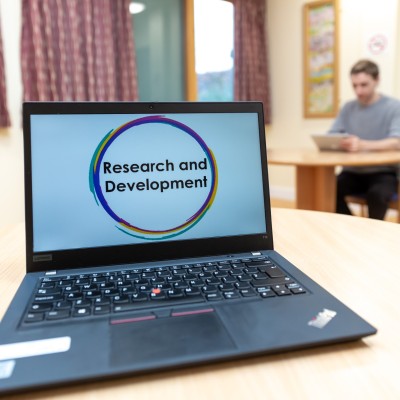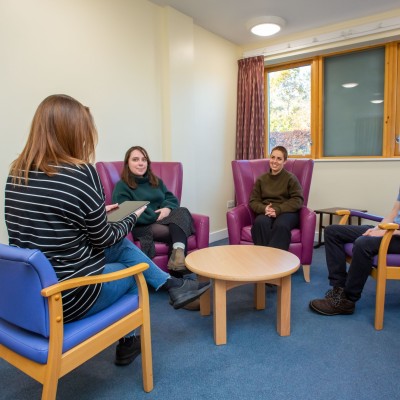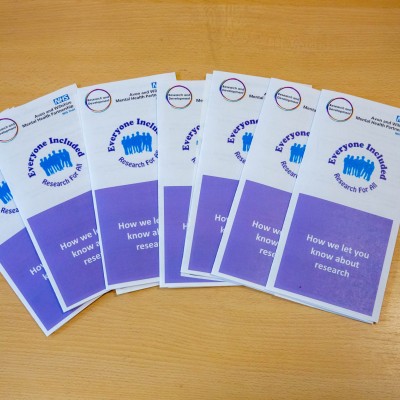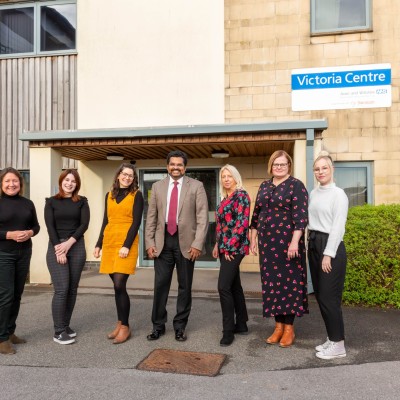Background
We are passionate about Equality, Diversity and Inclusion (EDI) and remain committed to advancing this within AWP Research and Development.
-
We want to maintain our department as an inclusive environment for our staff.
-
We strive towards all our service users, carers and staff having equal access to research opportunities.
We are proud to be taking an active role in advancing EDI within research, towards creating a culture of research for all.
Our Journey
The COVID-19 pandemic, heightened media attention around social injustices, and a recognised lack of minority group representation in research participation made us realise the need to act as a department to address Equality, Diversity and Inclusion (EDI) issues.
Our journey started by forming a safe space for ethnic minority staff to reflect upon experiences of racism and ways to make our department a more inclusive working environment.
We soon realised that our wider team had collective role in making our department an inclusive working environment for all staff, whilst embedding EDI throughout our work.
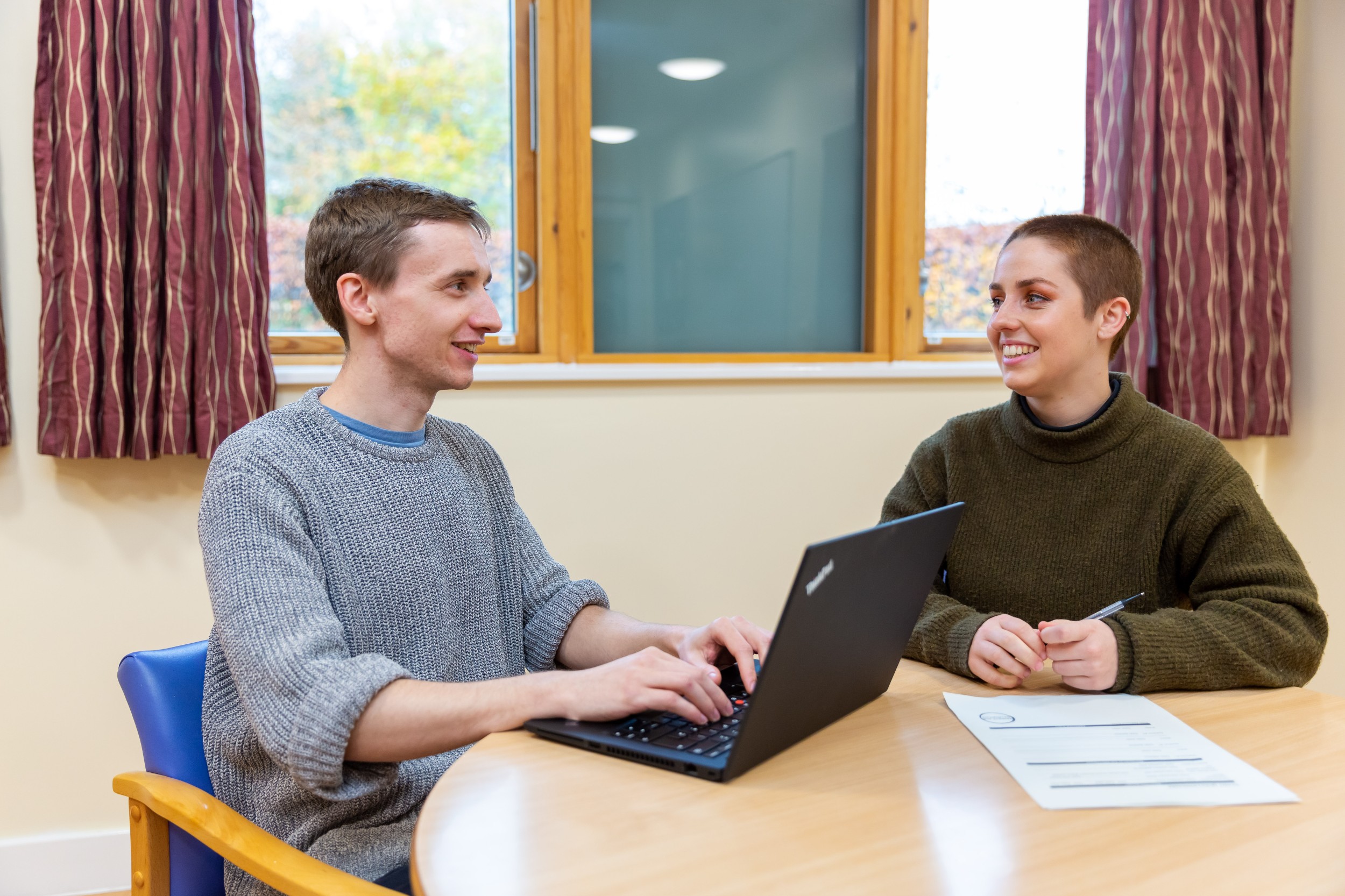 We recognise that EDI is a journey, not a destination. As such, we have maintained a protected space for our staff to learn about diverse groups and issues. We hope that an ongoing culture of curiosity will help us best support each other, as well as service users, carers and staff that could choose to take part in research.
We recognise that EDI is a journey, not a destination. As such, we have maintained a protected space for our staff to learn about diverse groups and issues. We hope that an ongoing culture of curiosity will help us best support each other, as well as service users, carers and staff that could choose to take part in research.
Our passion to address injustice and promote equity amongst our wider organisation is clear from members of our staff being active in AWP staff EDI groups.
We have received multiple rounds of funding from the National Institute for Health and Care Research Clinical Research Network for the West of England to support our EDI work. The quality of our work has been recognised through receiving team and individual awards.
Our colleague, Monalisa Bora-White, discussed our EDI work and aspirations in an interview with Nick McNally from UKRD. The transcript of this interview can be found here.
How we have embedded EDI in R&D
EDI Project
Our EDI Project Officer undertook a detailed review of AWP service user diversity. Identifying and working with under-served populations will improve our understanding of the barriers that limit access to research opportunities. This represents an important start in understanding how we can do our part to improve access to research.
Our EDI Project was divided into two stages:
Stage 1
- To identify the demographic characteristics of service users and understand who are the under-served populations in AWP
-
Demographic characteristics are features that describe a person, such as those defined by the Equality Act (2010)
Stage 2
- To review the diversity of service users approached using Everyone Included
-
This helps us understand who we are not reaching with research opportunities, so we can look to improve the diversity of people reached
Everyone Included
Everyone Included is an opt-out postal approach. We use Everyone Included to let service users know about research opportunities being offered within AWP that might interest them. We realise that Everyone Included could help reach under-served populations with research opportunities.
Everyone Included is aligned with the AWP Advancing Mental Health Equalities (AMHE) group’s current priority under-served populations within mental health, which are:
-
Black Asian and Minority Ethnic (BAME) males over the age of 18
-
Dual Diagnosis (substance misuse and mental health)
-
Children and Adolescents
Improving the effectiveness of contacting these groups and fostering a culture of research for all, will help work towards addressing health inequalities.
Research Capability Funding
Research Capability Funding (RCF) is proportion of money that we take from the studies we host, which can be used to fund researcher's time towards developing new research ideas.
We expect RCF applicants to consider how people with lived experience will input into the development of research ideas. This is part of what we call Patient and Public Involvement (PPI). RCF applicants should also have a plan for how their PPI will consider EDI, as well as how their research could reduce health inequalities.
We would expect an RCF applicant to consider the following questions:
-
Who are the under-served populations in your research area?
-
Do your research interests align with the priorities of affected populations?
-
What feasible steps will you take to ensure that your research is accessible and inclusive?
-
How might a lack of diversity in those taking part in your study affect the quality of the outcomes for diverse populations?
We actively promote the importance of EDI to researchers in every study, not just those that directly focus on the reduction of health inequalities.
Our commitment to teaching and learning
Training
We actively encourage our staff to undertake training opportunities, which broaden our capacity to support diverse service users and carers participating in research.
We aspire to offer our staff internal training in mental health, neurodiversity and substance misuse delivered by specialists and those with lived experience.
We hope that our continued learning will improve the accessibility of research opportunities and the experience of those that choose to take part in research.
Conferences
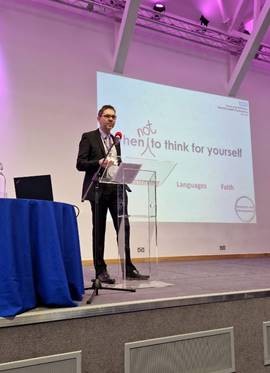 Our staff attended various conferences and seminars to advance their knowledge of EDI in research and share good EDI practice with others.
Our staff attended various conferences and seminars to advance their knowledge of EDI in research and share good EDI practice with others.
We have also hosted and presented at EDI sessions, which have included local and national representatives. We have used these opportunities to share good practice about improving inclusivity of research. We hope to host more of these events in the future.
Our Director and one of our Team Managers were instrumental in organising and speaking at the national UKRD Inclusion Symposium 2023. This event brought together many people with an interest in addressing health inequalities through research, sharing best practice at making research more inclusive.
If you are interested in learning more about EDI in research, there are some links to useful information below:


